My friends, Sally and Piero, invited me down to the family holiday house near Bateman's Bay for the Easter long weekend.
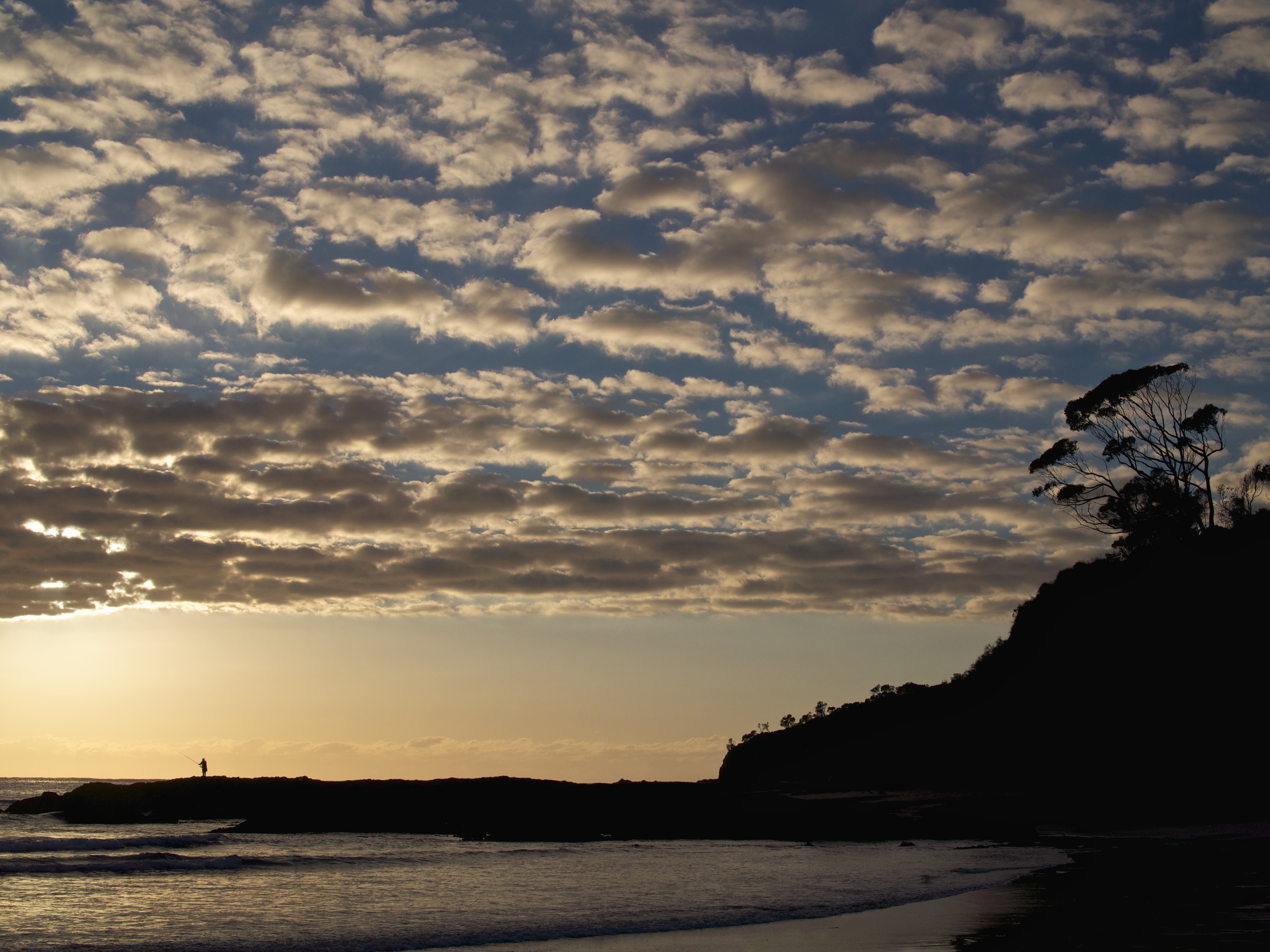
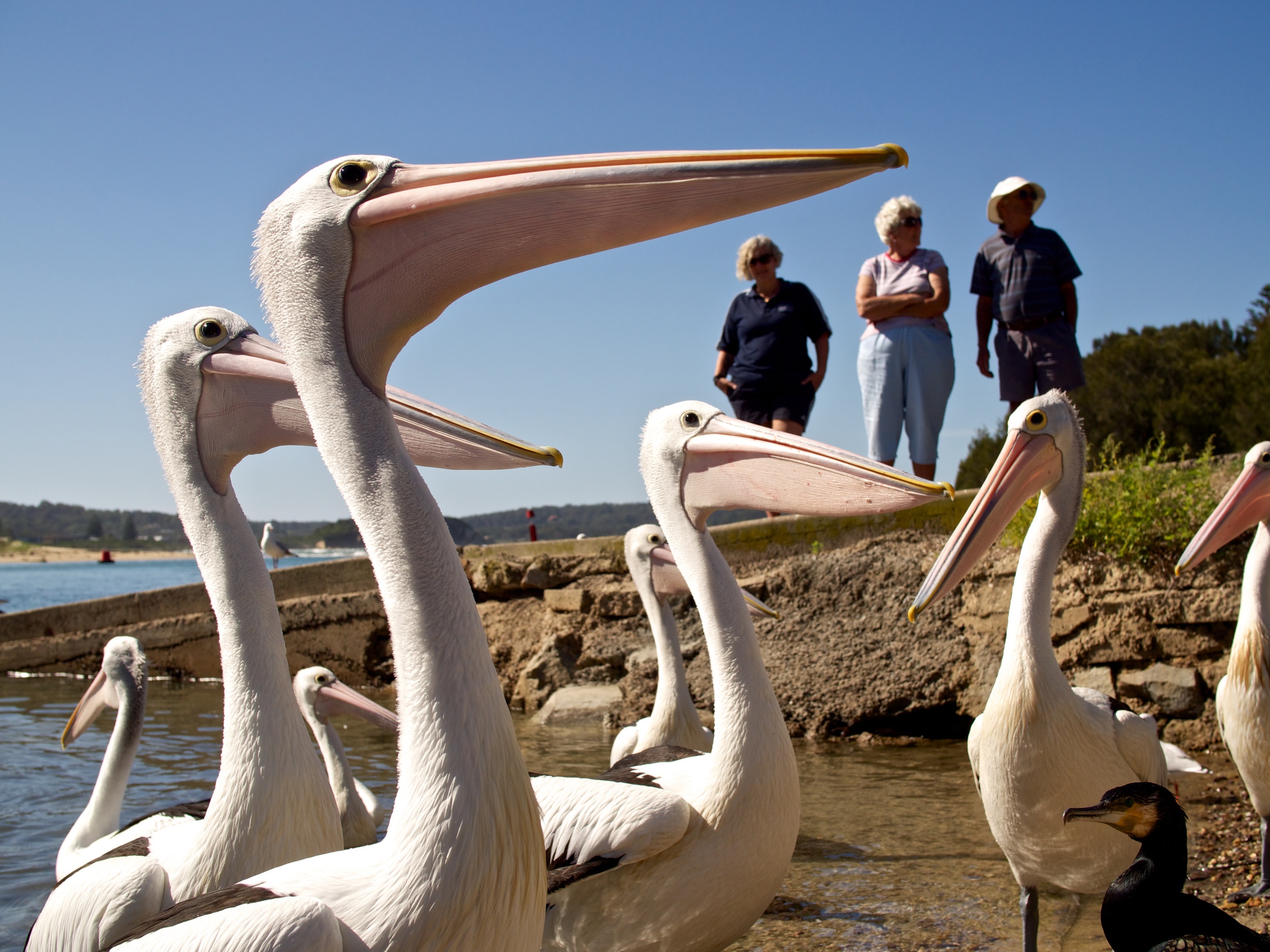
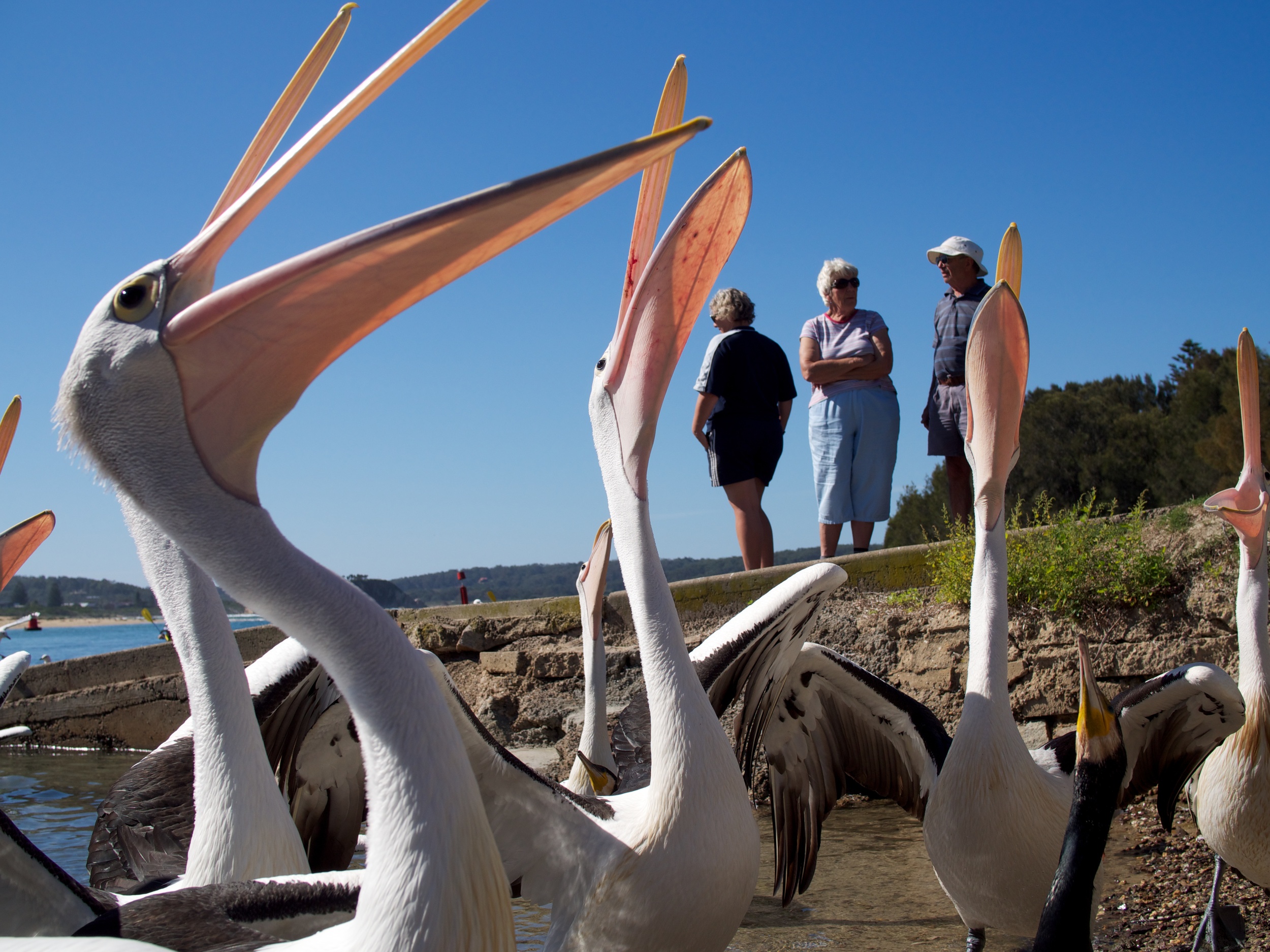
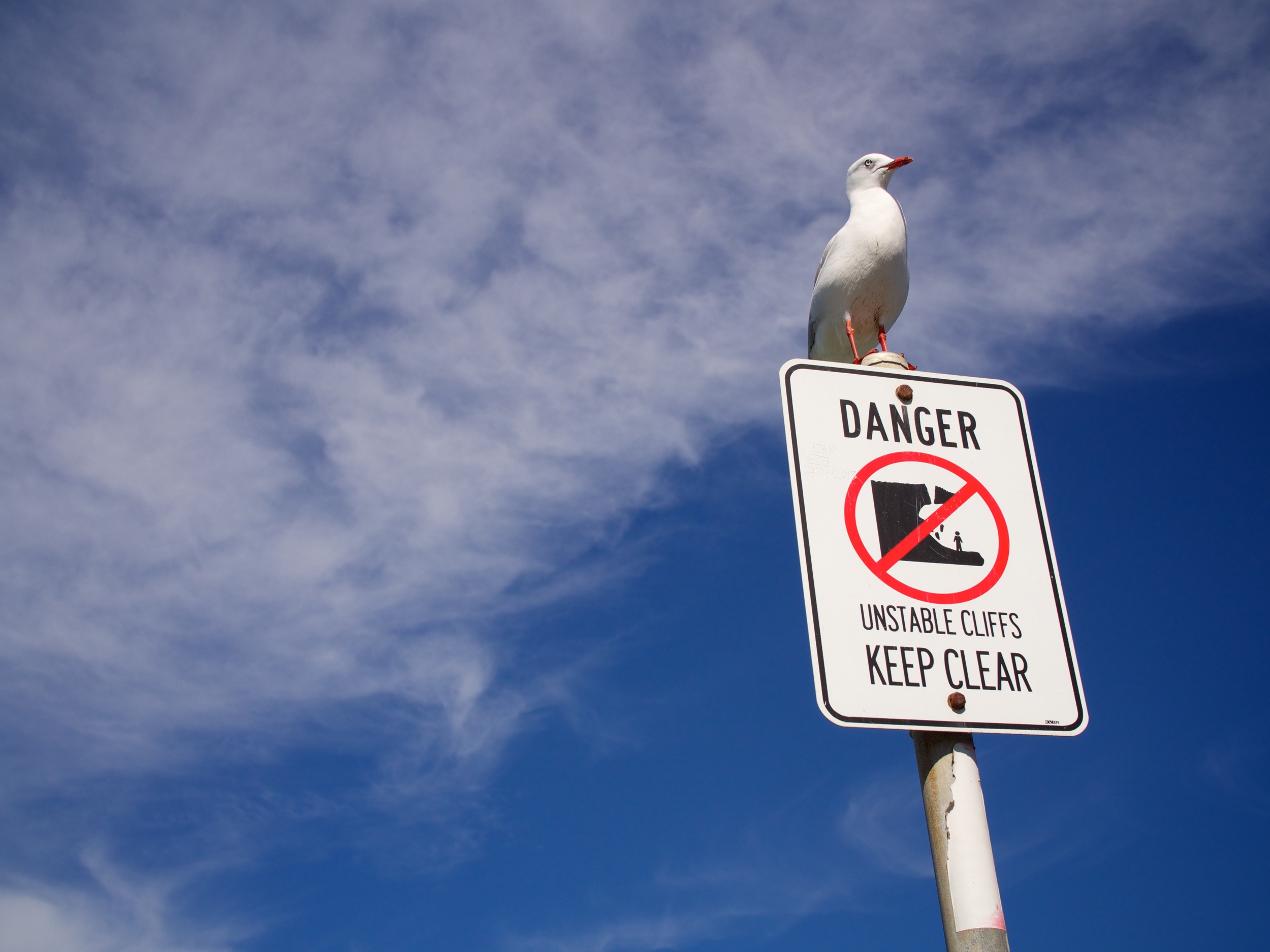
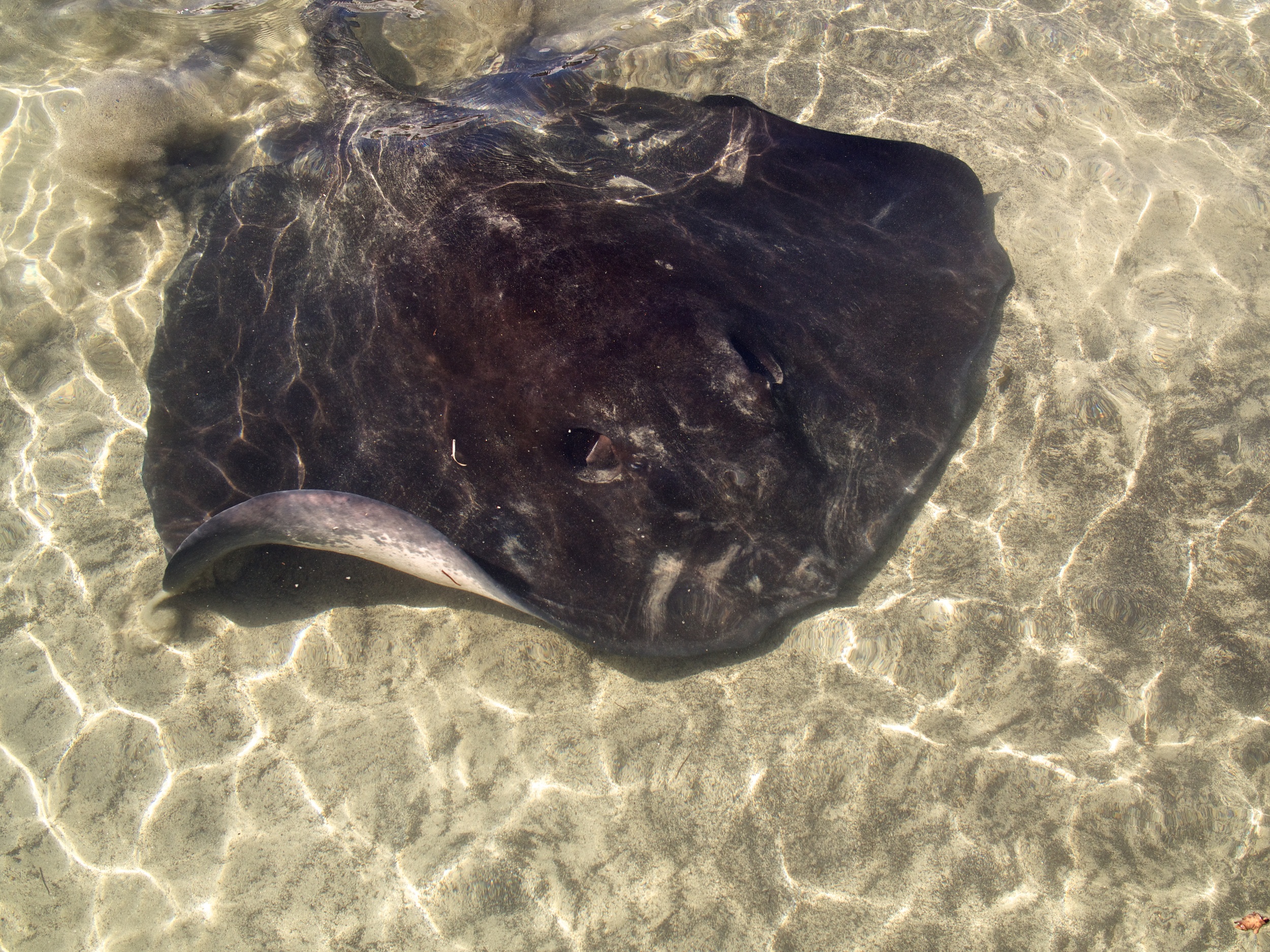
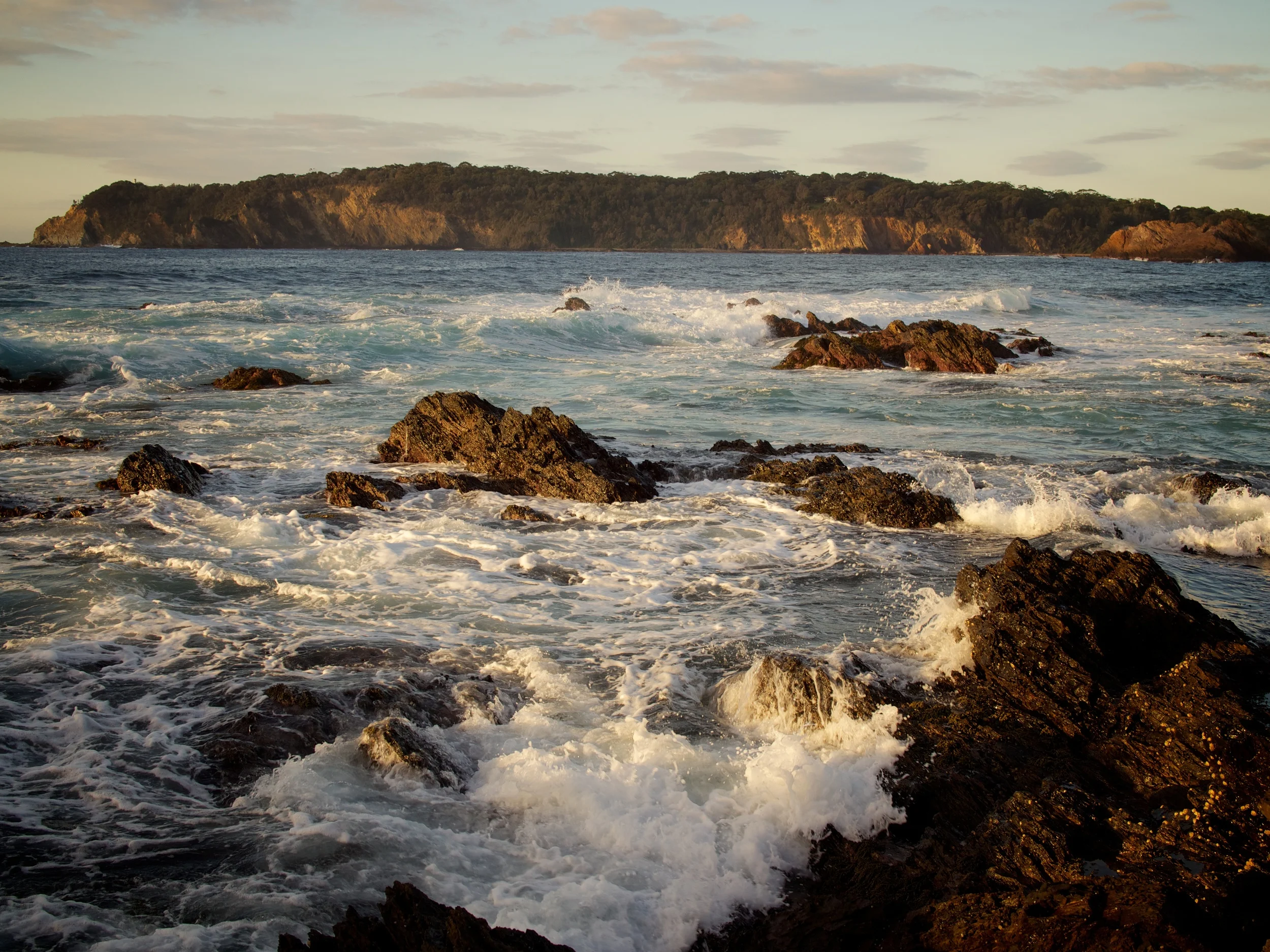

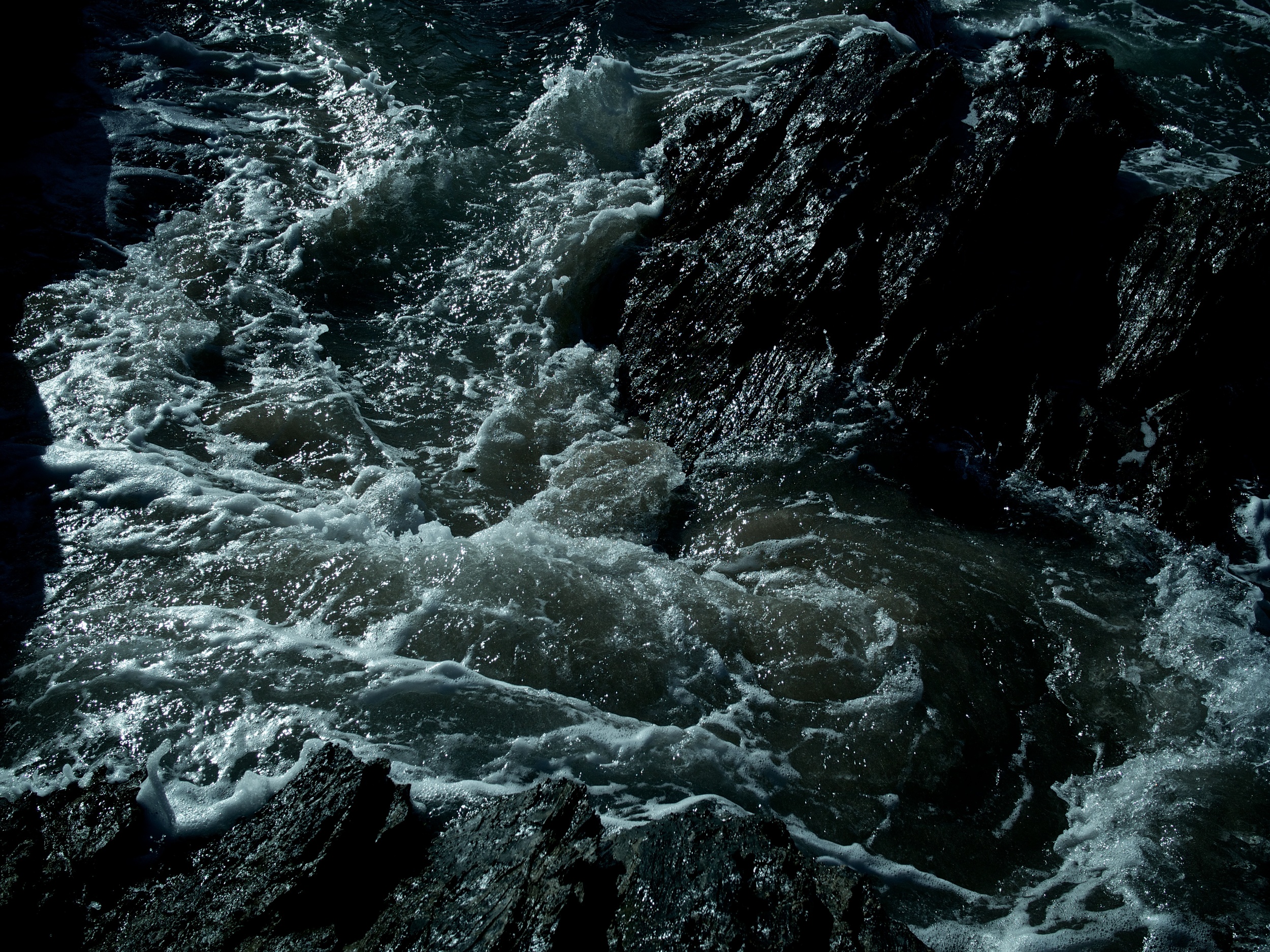

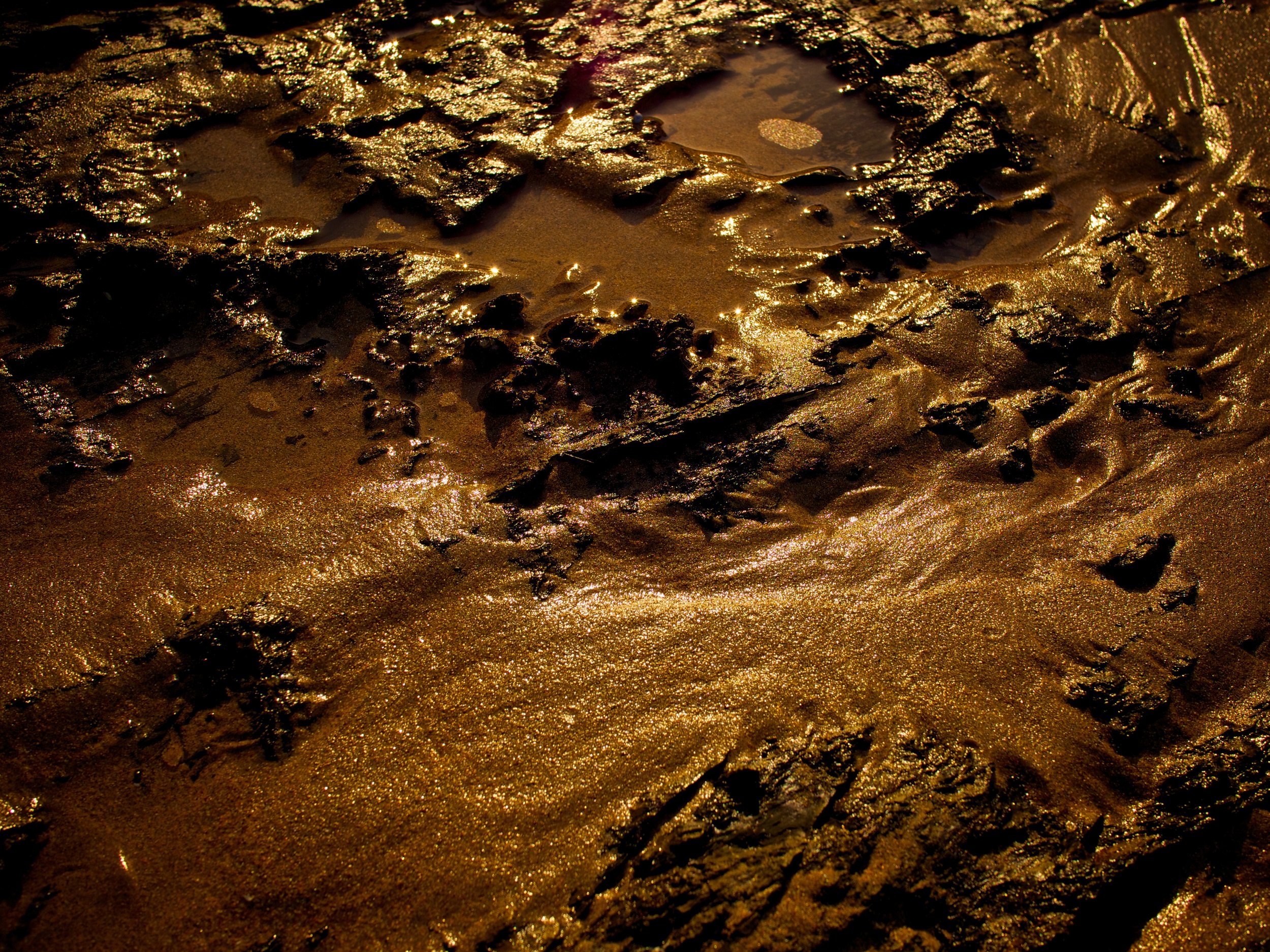
Blog
My friends, Sally and Piero, invited me down to the family holiday house near Bateman's Bay for the Easter long weekend.
'He served in war that we might live in peace' by Paul Beadle
Today was ANZAC Day (the Australian Memorial Day); I’m conflicted over the concept of war memorial. Earlier this week, I made this photograph of a wood carving in the mezzanine at work (click on the image to see it larger). It was commissioned in the 1950’s by the Federation to commemorate teachers who served and died in World War I & II. It depicts a prone soldier holding what seems to be either a bouquet of some sort or perhaps a handful of grasses and what I assume is meant to be a Bible in the other hand. It’s not clear whether he is resting or is, indeed, dead; the text reads ‘He served in war that we might live in peace’. That’s debatable for WWI, where the Australians suffered a terrible defeat in far away Gallipoli (observed today); perhaps less so for WWII where they were directly at risk from Japanese invasion.
I made the photograph with the thought that we would post it on the website with a bit of explanation and observance of our own; however, there was some concern that it might cause consternation and appear we were supporting war. I do not, in any form, support the idea of war. It is, by far, one of the most useless and destructive activities mankind can embark on and, especially now, the most dangerous. However, I have no problem pausing to remember the men and women who died in war. No matter how senseless the conflict may have been, people died and that is worth noting. (Though I do think that more should be done to speak of civilian deaths in wartime; those casualties, as evidenced in current conflicts, tend to get glossed over).
But then I must consider the most appropriate memorial. How do I commemorate the deaths of so many in conflicts I do not condone? There is always the risk, in ceremony, to sermonise either for or against war. I'm not sure it's appropriate to use such opportunities to criticise the situations where such sacrifices were made. I am sure thought that it's inappropriate and manipulative to use the emotion tied to such events to rally people to war or the support of a current conflict.
I wonder if, truly, the only sensible remembrance on such days is silence. What can you or I know about the situation of death in war that a particular man or woman experienced? What words of mine would add any honour to their names? I think there is much to be said, no doubt endless stories to be written and spoken of those individuals. But that is for histories and museums; on the day itself, should we not take the time to just fall silent?
There is too much risk that the words we use may colour the understanding of what war is (to either those who know—or perhaps for those experienced it and may wish to forget). Even when I was taking this picture, the methods I used could shape how the memorial is perceived. I lit it several different ways, from flat to dramatically cross-lit; depending on the position of the lights, the scene can look almost idyllic, or harsh and bleak (the one above is somewhere in-between). If something as subtle as the light across a carving can have such an effect, what might the words of sly politicians and their ilk do on a day like today when the hearts of people are so open?
We've been working these past several months at the Teachers Federation on a new series of television and cinema ads that highlight the positive role teachers play in society. As we did last year, we had acclaimed Australian director, Ray Lawrence at the helm and the ads were written by author and commentator, Jane Caro. This year's ads are particularly pertinent as one deals with TAFE (the national industrial and technical arts school in Australia) which now faces severe budget cuts and privatisation and the issue of refugees and asylum seekers.
The cool nerdy thing for me was that we got to work with Wayne Pygram who is a cult sci-fi actor (Farscape and Star Wars). He plays a gruff but caring TAFE teacher in two of the ads. I was the 'client' on site for the production, though, really, these things take on a momentum of their own so I was mostly there to be pleasant and nod at appropriate moments.
Spotted this in Surry Hills gutter. I don't believe it's specifically addressed to me but I'll try to be more aware regardless.

Billy Bragg stopped by my work today to speak to our monthly council; I recorded some audio and video of him. He gave a very compelling speech about the importance of education in his life and for society. He also noted the importance of respect and civility online. You can listen to this and him singing a couple songs for us in the player below.
Billy Bragg speaks at the NSW Teachers Federation about the importance of education and the role of teachers in society. He sings 'I Keep Faith' and 'There is Power in the Union'.
Because an airplane flew overhead
At 4AM
I am awake.
It is the interconnectedness of all things;
Because, two days ago,
In an intersection somewhere
In Denver,
The flight mechanic responsible for this plane
That flew overhead
At 4AM,
Missed a stop sign and nearly
Ran over a pedestrian,
He was upset and, later that day,
Forgot to note he had repaired a minor problem in a pump.
But, when the plane landed in Fiji, the prudent pilot
Was concerned and had it checked.
This only took a moment;
But, because of this, they missed a take off window.
Whilst they were waiting, the engineer there noticed something else
That was critical and had to be repaired
Thus delaying the flight several hours and putting it in to Sydney
At 4AM; awaking a swath of sleeping suburbs.
Because of that pedestrian, who had paused for a moment
To greet a neighbour in Denver who had surgery some weeks ago.
Yet, somehow,
I'm supposed to believe I have little care
Or connection to people under siege in Syria,
The asylum seekers in Australian detention camps,
The people in dim factories who made the clothing I wear,
Or the children trafficked to harvest the tea for the cup in my hand.
All things that cover the compass of life and death
As well as the the choices I have to encompass.
When the synchronicity of a missed step
Ripples out across the world,
How can I glibly hold
That the deaths of so many
Are just the gloomy bits
Between advertisements on the evening news.
There is a special awareness that comes from reading old journals whilst jet-lagged; the words don't seem any more profound, but the filter of strange tiredness certainly adds a layer of 'did I write this? What was I thinking?' which could be a positive or negative observation.
I wrote the notes below about ten years ago when considering how a very conservative religious institution (I had my former university in mind) could open a discussion on racial diversity. Much of this would apply to ethnic or interfaith conversations as well. All, of course, presupposes a level of openness to begin with.
This is just the rough list; perhaps it would be worth writing up into something more coherent (when I myself an more coherent!)
I'm jet-lagged and up reading through old journals. This from a decade ago:
What if man was not created to conform to the image of God; what if God created man to be man and conform to the law of a natural order? What if we are not supposed to live godlike over the earth in dominion but as a part of the creation–to be continually created and changing rather than forcing the change? Then all our system is void.
This is the best animated explanation of the human microbiome I've seen. Also listen to the Radiolab piece about 'Guts'. Thank you Public Radio on both counts! This will explain all those times when people say that their stomach is talking.